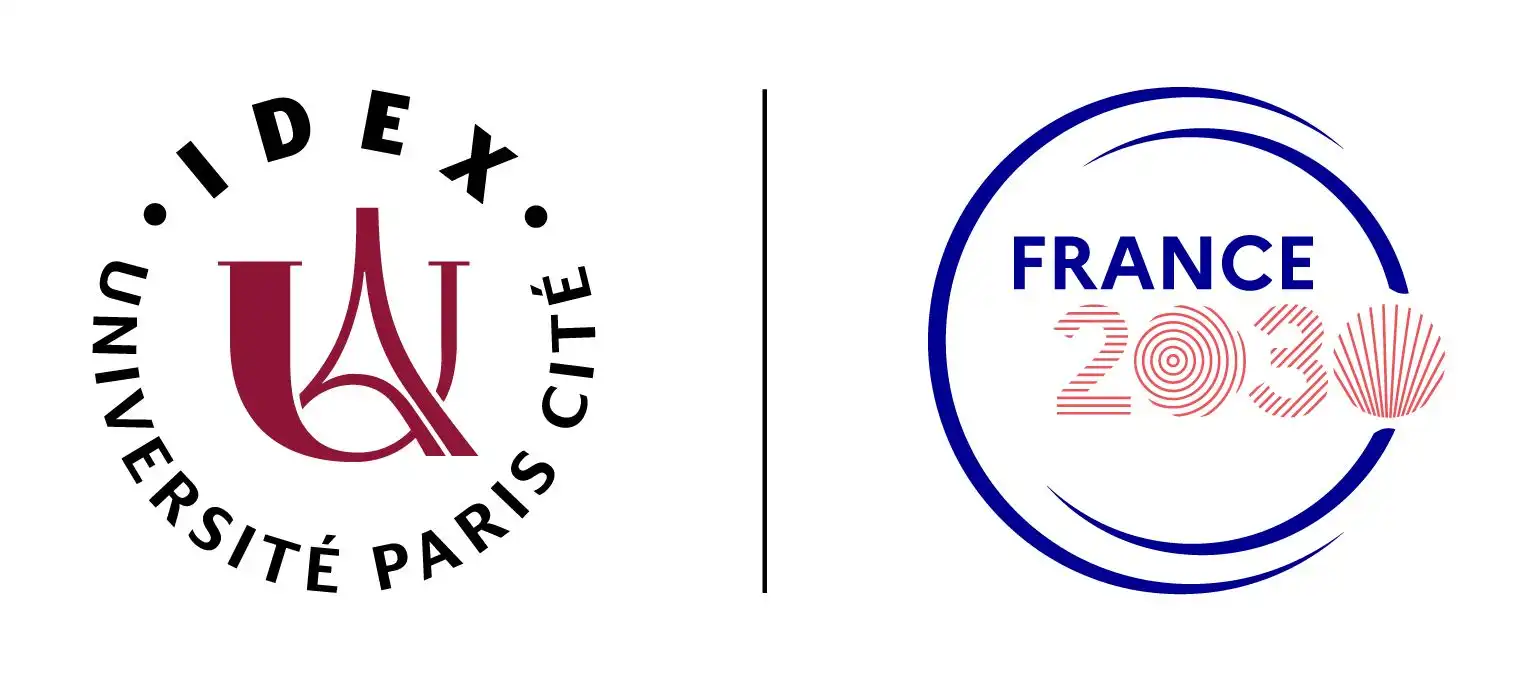
Home>Research>Project>Social Diversity in Middle Schools
Social Diversity in Middle Schools
This unprecedented study in France aims to extend the evidence on the effects of social diversity in school to non-cognitive skill development.
Since 2015 the Ministry of National Education is engaged in an innovative experimental approach based on the proposals and the work in tandem with the local actors to develop social and educational diversity in middle schools. An independent scientific evaluation of the program is currently being performed by a team of economists made up of Yann Algan, Ghazala Azmat, Axelle Charpentier, Elise Huillery (Co-director of the Educational policies research project - LIEPP) and Julien Grenet. It will measure the impact of social diversity at school on pupils’ educational and social skills.
Policy issues
The international scientific literature suggests that diversity has a rather reduced positive effect on the students’ school performance (see for example, Gibbons & Telhaj 2015). This effect is not symmetric (see for example, Hoxby 2000, Angrist & Lang 2004, Guyon et al. 2012). Pupils who underperformed or coming from underprivileged areas can take advantage of the presence of better students or students coming from more privileged families. However, pupils coming from privileged areas are not put at a disadvantage by the fact that they are educated with either less performing pupils or pupils coming from less privileged areas.
Nevertheless, the studies in question did not highlight the effects pertaining to the educational context whenever a shock concerning the social composition of the school turned out to be influential (in terms of change in distribution with regard either to the educational level or to the educational environment). Besides, there are only a few reliable quantitative studies available highlighting results concerning data relating to France. Finally, the inventoried studies focus most of the time on school performance and measure relatively short-term effects. This means that they do not take the non-cognitive channel into consideration through which the possibly involved peer effects might play a role, be they social skills, aspirations or pupils’ well-being.
Research goals
The research protocol aims at observing the effects of diversity on the school context and on the development of pupils’ cognitive and non-cognitive skills through the course of their schooling in middle schools (6th to 9th grade). The evaluation protocol is built upon two main issues. The first researchers’ objective is to determine the approach’s impact on the social and educational composition of the middle schools in which changes in the distribution of students took place. Some families may implement circumvention strategies, thereby nullifying the efforts made in terms of social diversity. That is the reason why we have to measure to what extent the peers of the pupils change in accordance with the implementation of the experimentations. The evaluation of the social and educational composition will be extended to the surrounding schools likely to have been indirectly affected by the approach.
The second objective is to emphasize the impact of social diversity on pupils’ learning process, on their non-cognitive and social skills and on their well-being. The outcome indicators will include the students’ behaviour, the self-perceived school climate, the way pupils feel about social distinction, the way they view merit, their ambitions and their self-esteem. The pupils’ follow-up will take place until the end of middle school so as to evaluate the approach’s impact on the general certificate of secondary education and the pupils’ educational guidance in high school.
Methodology
To do so, the researchers will compare the middle schools participating in the approach designed to foster social diversity with similar establishments not participating in the approach. This comparison makes it possible to identify the benefits associated with diversity in middle schools in so far as the participating and the non-participating middle schools can be compared from the start, that is to say before the measures designed to foster social diversity have been implemented.

